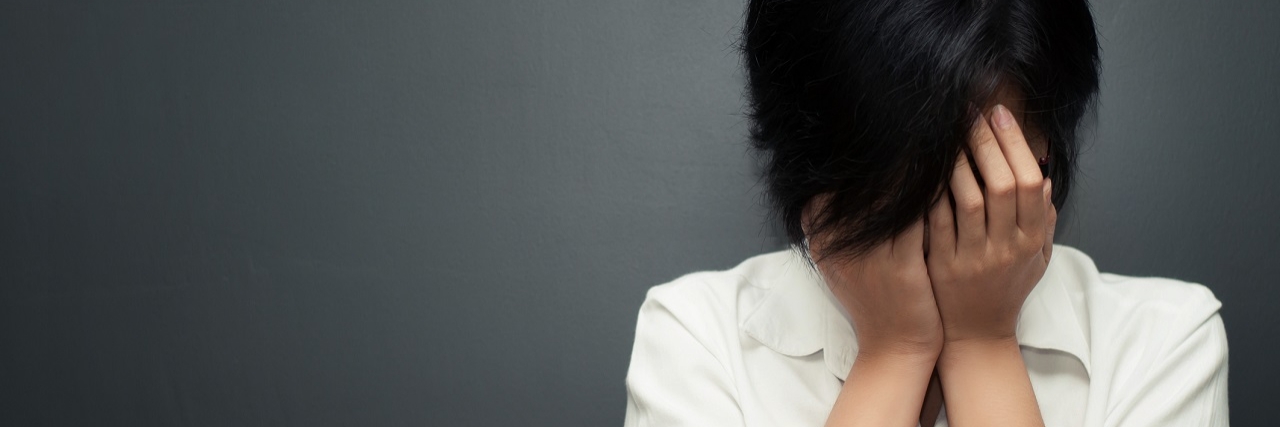This is a familiar story, but I’ve told it again and again. Growing up in a traditional Asian household, there were a handful of subjects I knew never to broach: Academic failure, acting more “American,” sex and mental illness. Despite my parents wishes, I was an observant child. By age 13, I sensed something atypical and malignant about the blank, weighty periods of apathy and sadness that stepped on my heels like an underfoot, imaginary younger sibling.
I rehearsed and then fumbled the words to tell my parents about how I felt and the avenues of treatment I had researched. Their response was dismissive, but not — as I later understood — in a neglectful vein. When I mentioned the possibility of medication, they became angry — the world that had shaped them was neither nurturing nor particularly nuanced. As Chinese immigrants, they lived shoulder-to-shoulder with poverty and near-starvation. Their experiences were reinforced by an ironclad culture that encouraged stoic endurance and regarded mental illness as a weakness of character, a shame borne not only by the individual, but by the entire family. And here was their daughter, who lived in a manicured middle-class suburban home and always went to bed with a full belly, complaining she felt depressed.
“It’s not real. Get over it” was the gist of their advice. Then and now, to our detriment, I’m certain many Asian-American kids have heard the same thing.
So I tried. In high school, I became the poster-child for a “high-functioning depressive,” as the terminology goes. I maintained a 4.0 GPA, won national writing awards and earned admission to an Ivy League university — things my parents wanted for my future. This made me a role model for the younger students in our community. I was even asked for lifestyle tips on how to succeed in school. Parents pointed at me and said to their children, “You should be more like her.” But the depression persisted, stubborn and malicious, leaching my motivation and compelling me to seek relief in terrible things. After school, I’d shut myself in my room and cut myself until I could no longer stand the pain. Those are some of my clearest memories of being a teenager.
Finally, I was hospitalized with suicidal tendencies four days before my high school graduation. Under a nurse’s constant supervision, I created many pages of artwork — scenes of forests and coral reefs — and was placed on an antidepressant. When I came home, my parents and I sat down and started to painfully disseminate the years of resentful, agonized silence. This was only time I’ve ever seen my father cry. They apologized for not listening sooner, and they began to read about depression and anxiety, trying to understand how my brain was different, how it could be made OK again. Gradually, after talking to doctors and therapists and me, they came to accept medication as a necessary cornerstone of my treatment. Then — in an act unthinkable just a few years before — they acknowledged the Asian-American community was in sore need of greater awareness and resources for mental illness.
More than two years have passed. Since then, I’ve been at college, having quickly decided I would study the brain to try and improve how we view and approach mental illness. I was also baptized into the Catholic Church. This past March, I celebrated a full year of being self-harm free. Recovery has been a long process, aided by the love and support of new and old friends, and I don’t take a single moment for granted.
I think I was fortunate to have parents who changed their minds when challenged with a truth that didn’t fit with their worldview. With this blessing comes a sense of responsibility to hear the stories of everyone who lives under the double pressure of mental illness and the “model minority.”

